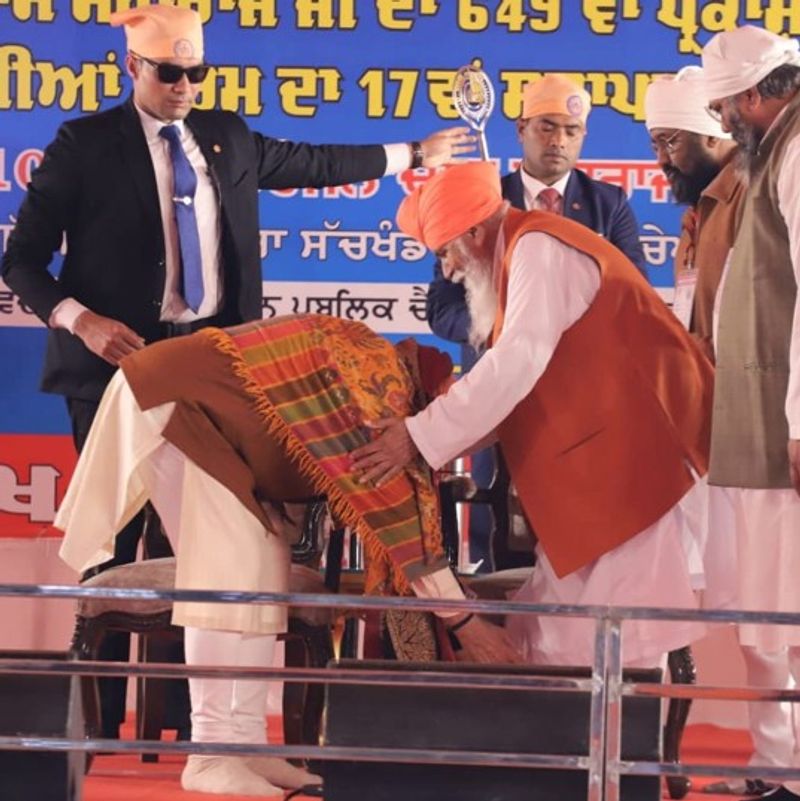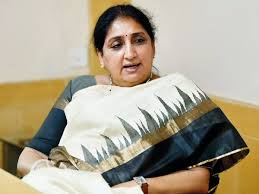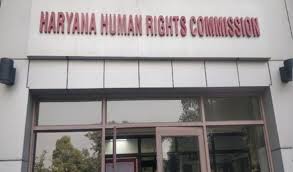Listen To This Post
Banking, transport, coal, postal and other essential services likely to be hit; farmers to join protests in PB&HRY
Thenewsdose.com
New Delhi, July 8,2025,UPDATED:7.10PM
More than 25 crore workers across key sectors including banking, insurance, coal mining, transport, postal services, highways, and construction are expected to participate in a nationwide general strike on Wednesday, in what may become one of the largest industrial actions in recent history. The strike, called by a national forum of ten central trade unions and their associates, is aimed at opposing what they have termed as “anti-worker, anti-farmer and pro-corporate policies” of the Central Government.
In a joint statement, the trade union forum has called for making the general strike a grand success, stating that preparations are underway across the formal and informal economy. Amarjeet Kaur of the All India Trade Union Congress (AITUC) said that over 25 crore workers will participate, and that farmers and rural workers across the country have also announced support and mobilisations. Harbhajan Singh Sidhu of Hind Mazdoor Sabha said that services such as banking, postal operations, coal mining, industrial units, and state transport will be seriously affected due to the strike.
The unions have accused the government of undermining labour rights, weakening collective bargaining, and imposing corporate-friendly reforms at the cost of the working class. A 17-point charter of demands was submitted to Labour Minister Mansukh Mandaviya last year, but the unions allege there has been no serious engagement. They have also expressed deep concern that the Indian Labour Conference—once a key platform for tripartite dialogue—has not been held for a decade.
The unions claim that the new labour codes passed by Parliament are meant to cripple the trade union movement, extend working hours, weaken workers’ rights to strike and organise, and decriminalise violations of labour laws by employers. According to the joint forum, these changes are being pushed in the name of ‘ease of doing business’, but have only led to rising unemployment, wage stagnation, erosion of labour protections, and deepening inequality.
Criticism has also been directed at the government’s recently announced Employment Linked Incentive (ELI) Scheme, which incentivises employers for creating new jobs. The unions argue that while lakhs of sanctioned posts remain vacant in government departments, the government is busy offering subsidies to employers instead of recruiting the youth. They cited examples from sectors such as Railways, NMDC Ltd, and education, where retired employees are being rehired in place of appointing qualified young candidates, a practice they say is harmful in a country where 65% of the population is under the age of 35 and youth unemployment is alarmingly high, particularly in the 20–25 age group.
The unions further allege that the government is systematically dismantling the welfare state and handing over the public sector to private players, which is evident in the aggressive privatisation and outsourcing of public services. They have also raised concerns over cuts in social sector spending, rising prices of essential commodities, and the widening gap between the rich and poor.
Support for the strike has also come from the Samyukta Kisan Morcha and the joint front of agricultural workers’ unions, who have pledged to mobilise massive protests in rural areas. Union leaders from non-coal mineral sectors, steel plants, public sector enterprises, and various state government departments have already served strike notices.
This is not the first time the central trade unions have resorted to a nationwide shutdown. Similar strikes were observed on November 26, 2020, March 28–29, 2022, and more recently on February 16 last year. However, Wednesday’s protest is expected to be the most widespread and intense so far, marking a critical flashpoint in the ongoing standoff between organised labour and the government over the future of employment, workers’ rights, and public sector ownership.















